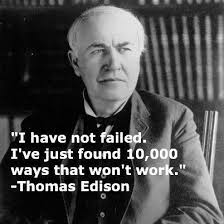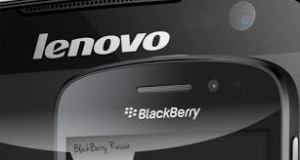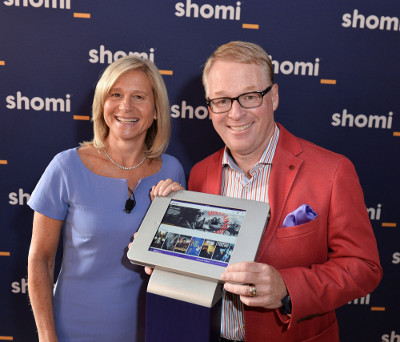
Starbucks has announced a long term commitment that will ensure that all of its espresso based drinks in its 700 British and Irish stores will be made from beans grown by farmers who are part of the Fairtrade agreement. This announcement was made in an attempt to reverse a sales slump that has recently hit the companies’ Global expansion.
According to the Fairtrade Foundation, a London-based organization that promotes safe trading conditions, higher social and environmental standards, sustainability and higher payment to exporters, 100,000 farmers will benefit from the promise.
As mentioned in the article written by Martin Hickman, members of Fairtrade receive a guaranteed rate of $1.25 per lb of green beans, plus a “social Premium” of 10 US cents per Ib towards community projects. Currently, 6% of Starbucks’ coffee sales around the world are certified as Fairtrade. However, with its newly announced commitment it would become the largest buyer of Fairtrade coffee in the world, thus doubling its global purchases to 40 million.

This commitment would create shared value because it would not only refresh sales throughout the UK which have been drastically hit by competition from new, rival chains, but it would benefit society by enforcing and creating sustainable development. Fairtrading will shorten trade chains so that producers will receive more from the final selling price of their goods. In addition to the improvement in pay, producers will also receive a social premium, which will go towards building infrastructures such as schools and hospitals and thus increase economic development. As well, Fairtrade will assist producer organizations to understand more about market conditions, which in turn will allow them develop knowledge and skills that will enable them to exercise more control over their lives. Finally, Fairtrade terms offered by buyers takes into account all costs of production, specifically the safeguarding of natural resources and thus sustaining future investment needs, ex maintaining sustainable livelihood.
As you can see, this commitment will benefit producers in tremendously positive ways. However, how would this in turn refresh sales in the dwindling UK market you may ask? Simple! It will not only give consumers the assurance that the coffee they are purchasing is produced and purchased safely and ethically but it will provide them with the comfort that every cup they consume is creating financial and social stability for the people who need it most. It’s common knowledge that people will ‘help where they can’. If they are able to do so without it taking a financial hit on their everyday lives the urge is greater. Making consumers aware of the Fairtrade agreement Starbucks’ is set to embark on will surely set the company apart from its competitors and will therefore provide the boost in sales they’ve been yearning for. – Shared Value at its finest!
Source:http://www.independent.co.uk/life-style/food-and-drink/news/all-starbucks-coffee-to-be-fairtrade-1035162.html
 Everyone knows throwing money at a problem only hides it. We have to understand the problem to create a sustainable long-term solution.
Everyone knows throwing money at a problem only hides it. We have to understand the problem to create a sustainable long-term solution. 








